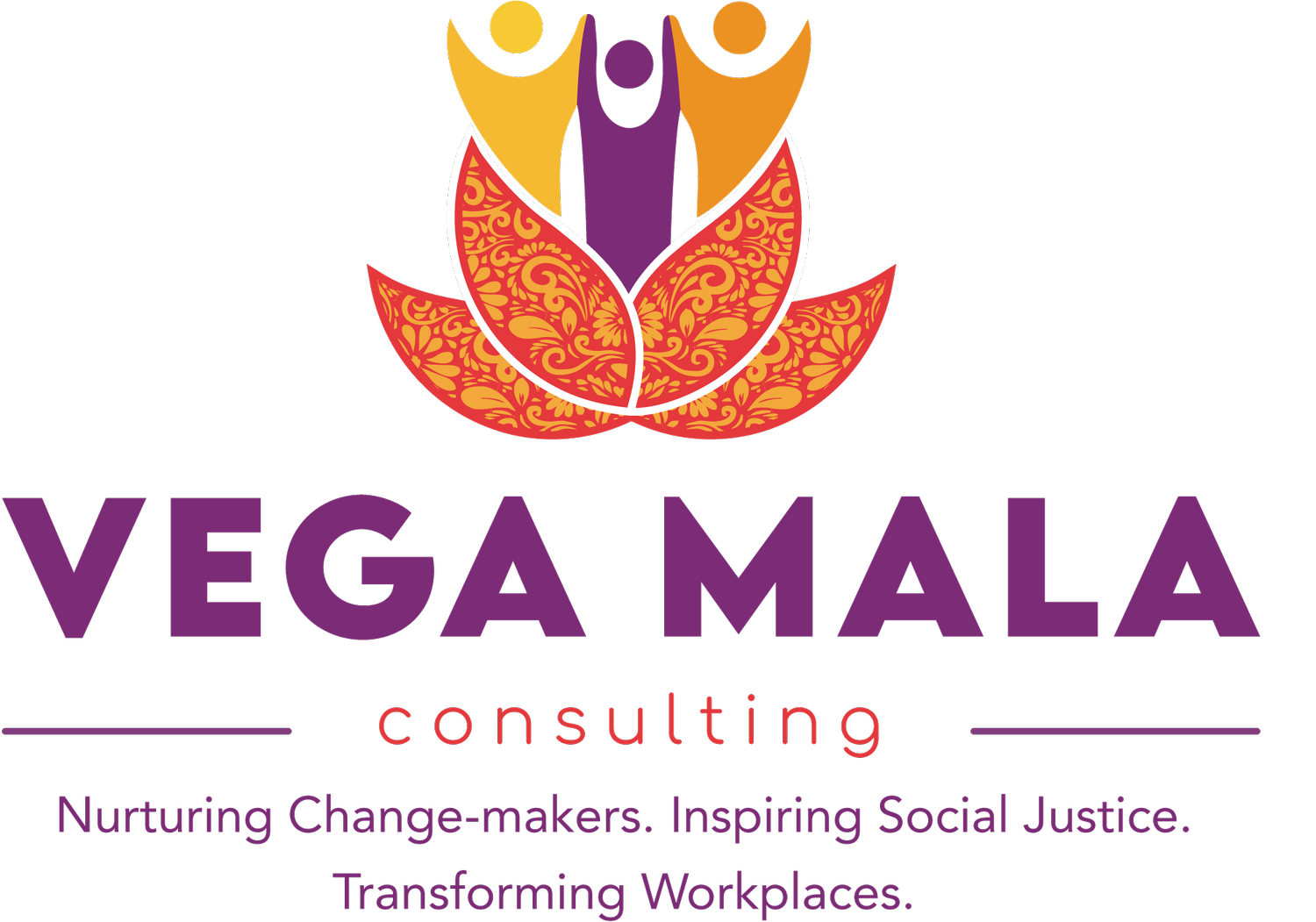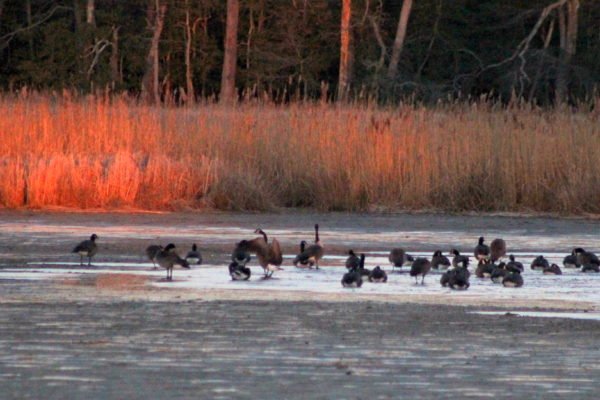Gatekeeping versus Belongingness
A few weeks ago, I talked about why I find the notion of "imposter syndrome" uncomfortable.
During a panel on which I presented last September, I mentioned my discomfort when clients brought up "imposter syndrome," and my desire to contextualize it in our social/societal context. My friend Shige Sakurai, who was in attendance, commented to me afterward, "what if we flipped the switch and considered gatekeeper's syndrome instead?"
Thoughts swirled through my mind at this. I was thrown back to my grad school days of the 1980s, when there was a lot of talk about "chilly campus climates" that contributed to gender and racial inequality. That's basically gatekeeping, right? Which is to say, the underlying patterns are hardly new.
But how is gatekeeping being addressed now?
One answer: increasing research about "belonging." We're understanding more about how vital it is to our collective efforts that we feel like we belong.
In a recent study of freshman engineering students, the researchers found that when a "social-belonging" intervention was offered, the GPA gender gap in male-dominated engineering fields disappeared. The researchers say, "Did the interventions improve women’s experience in engineering and, with time, their confidence in their prospects of succeeding in the field? They did." Talk about the power of eliminating gatekeeping!
So, if we're pretty sure that monitoring and supporting a sense of "belonging" matters, then how exactly do we do that?
Mala and I recently went on a guided nature walk at a nearby wildlife refuge. This was our first time participating in this particular group, and it was immediately clear that the others had known each other for years. But the moment we joined, the organizer made a point of taking us aside and explaining everything we needed to know about the nature walk. He asked one of the participants to stay behind while the others proceeded so that he could guide us to them. Learning that we were especially interested in birdwatching, he pointed to yet another participant who was the expert birder of the group. He made a point of searching us out to share bird information. All these guys were white, probably in their 70s, and experts on northern Virginia flora and fauna. And yet, we middle-aged South Asian queer nature newbies could not have felt more at home. They lived and breathed "belongingness."
I think about the retreats and workshops that Mala and I facilitate, and what we can be thinking about to facilitate "belongingness." My aspiration is that everyone in the room feels the way I did at the nature walk.
There's accessibility. Disability justice is a continued area of growth for us, a learning edge. We now know enough to ask participants about their accessibility needs on our registration forms.
Thanks to disability justice activism, we're increasingly aware of other steps we need to take if we're going to meet the threshold of being accessible...and we're now realizing that we should also proactively share event space accessibility with potential participants before they need to reach out to us to ask.
We hosted a retreat recently where we did not do that. In effect, we were gatekeepers. Any time someone with an accessibility need must proactively reach out to us to find out whether our space will accommodate their needs, we are acting as gatekeepers.
There's entering the space. We're pretty good about making an effort to approach each participant as they enter. Mala and I incorporate a welcoming ritual into most things we do. We borrow heavily from Training for Change'sDiversity Welcome for this.
Something we're getting better at, thanks to trans and genderqueer activism: we're now sure to include "gender pronoun" in our introduction go-rounds, in our signature lines, and wherever else we're able. (We are clear, also, that gender-identity-belongingness doesn't start and end with what pronoun use.)
There's food. As lifelong vegetarians, thinking about food choices at our events comes naturally to Mala and me. We are well aware of that "they've got 99 items, but a vegetarian option ain't one" feeling. Pro tip: mini fruit tarts and steamed broccoli don't meet anyone's nutritional standards. So we've got that covered.
When you think of a time when you knew you belonged, what made that so?
What else creates "belongingness"? What other gatekeeping practices should we strive to abolish? Who has the audit for assessing welcoming versus exclusionary practices?
I'd love to know!


